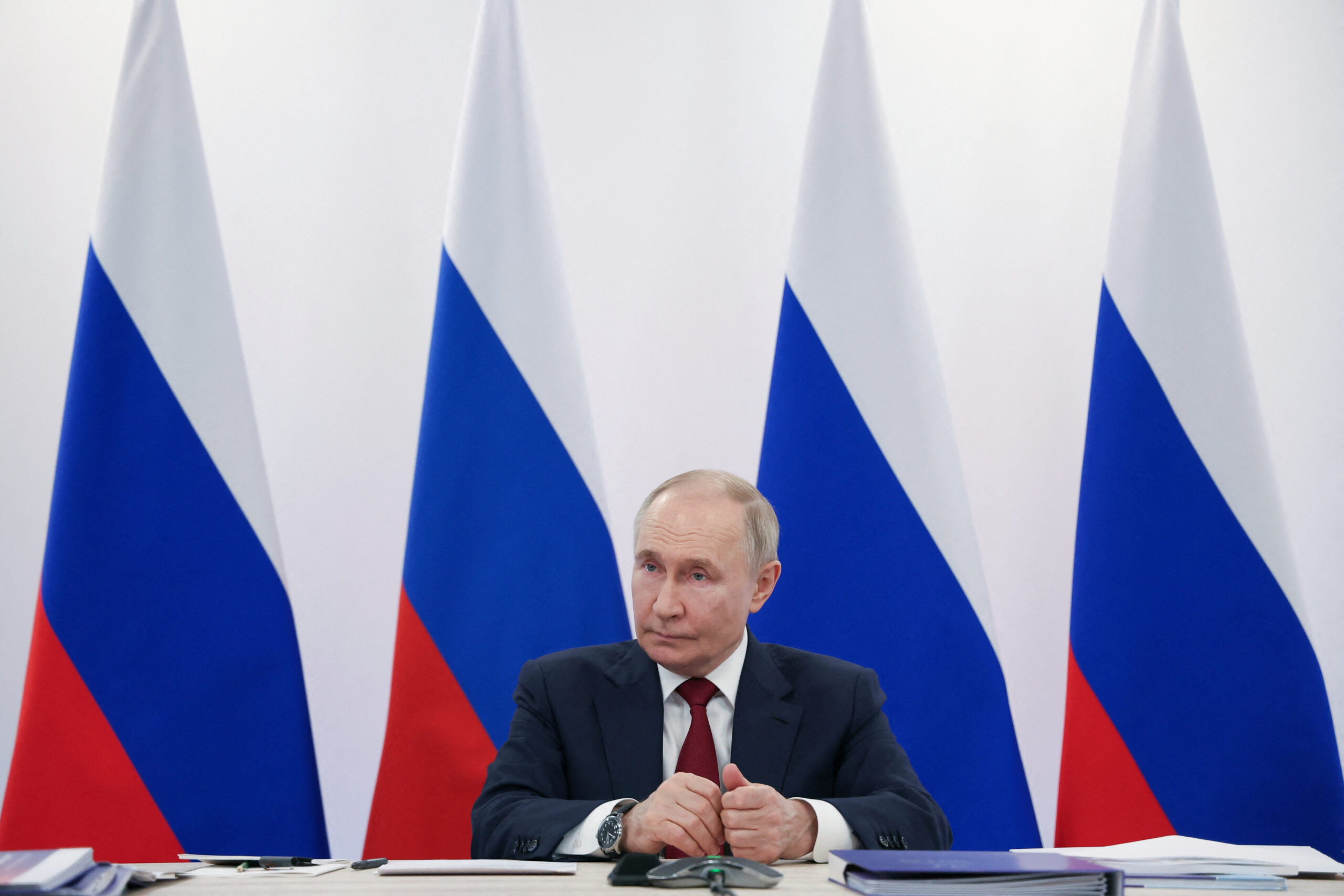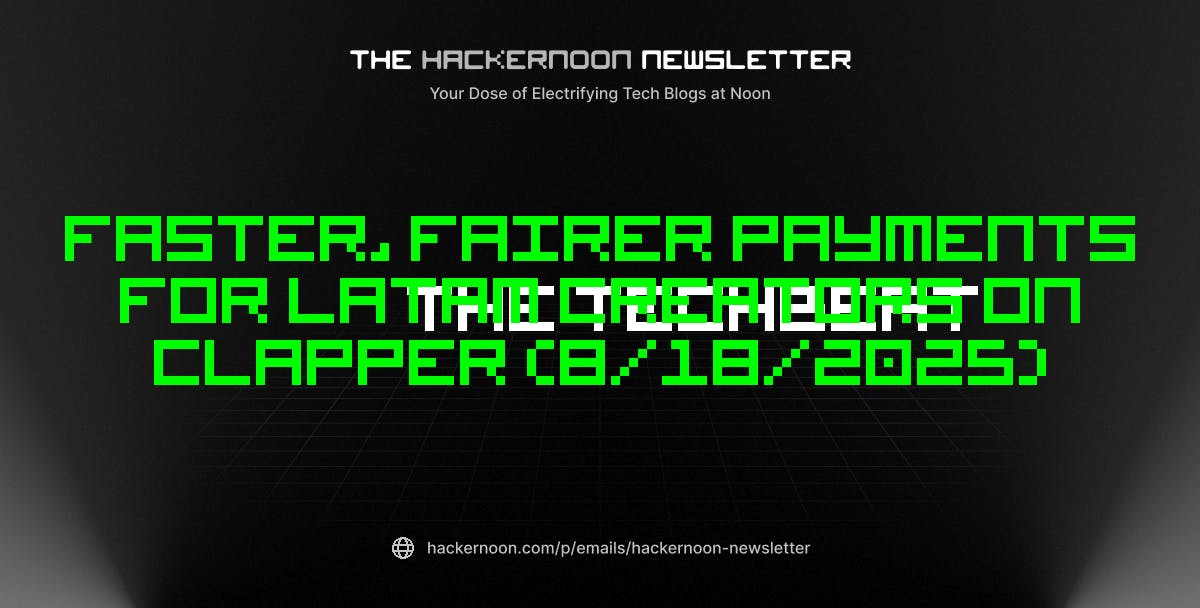US President Donald Trump came away from Monday’s phone call with Vladimir Putin expressing confidence that the Russian leader wants peace, but few others appear to share this optimism. Many senior Western figures were reportedly unimpressed by Putin’s vague references to a “memorandum on a possible peace agreement” and believe he is still engaging in stalling tactics. “Putin is clearly playing for time. Unfortunately we have to say Putin is not really interested in peace,” commented German Defense Minister Boris Pistorius.
Trump’s latest call to Putin also prompted fresh questions over the US leader’s handling of the faltering peace process. Britain’s The Economist pondered Trump’s “strange reluctance to get tough with Putin,” while Washington Post columnist Max Boot led a chorus of voices accusing the Kremlin strongman of manipulating his American counterpart. “While Trump’s lack of success in peacemaking might not doom Ukraine, it certainly dispels the president’s pretensions to being a world-class deal maker,” argued Boot. “Putin is playing him for a fool, and Trump doesn’t even seem to realize it.”
The mood was very different in Moscow, with the Kremlin-controlled media trumpeting the call as a significant success for Russian diplomacy. In his daily press review, BBC correspondent Steve Rosenberg reported that many of Russia’s leading news outlets were “crowing” over the contents of the Trump-Putin conversation. “It looks like Russia has won the latest round of global poker,” commented one newspaper. “Donald Trump’s stance couldn’t be more advantageous to Moscow,” observed another.
It is no surprise to see mounting unease in Western capitals over the US push to end the Russia-Ukraine War. Since Trump first initiated peace talks in February, Ukraine has agreed to an unconditional ceasefire and signaled its readiness to make major territorial concessions. In contrast, Russia has consistently rejected calls for a ceasefire while proposing new conditions of its own and creating various obstacles to any meaningful progress. At one point, Putin even claimed that Ukrainian President Volodymyr Zelenskyy lacked the legitimacy to sign off on a peace deal and suggested placing Ukraine under United Nations administration.
Recent diplomatic developments have further underlined Russia’s reluctance to end the war. When the leaders of Britain, France, Germany, and Poland delivered a ceasefire ultimatum to Putin in early May, the Russian ruler responded by calling for the first bilateral talks with Ukraine since spring 2022. However, Putin then chose not to attend the bilateral meeting in Istanbul that he himself had proposed, preferring instead to send a low-level delegation. This was widely interpreted as a “slap in the face” for Ukraine and the collective West.
Putin’s representatives during last week’s negotiations in Istanbul sought to emphasize Moscow’s unwillingness to compromise, calling on Kyiv to officially cede four entire provinces to Russia including a number of major Ukrainian cities that the Kremlin has so far been unable to seize militarily. If Ukraine refuses to do so, they warned, Russia will increase its demands to include six Ukrainian provinces. “We fought Sweden for twenty-one years. How long are you ready to fight?” the head of the Russian delegation reportedly commented, in reference to the eighteenth century Great Northern War. “Maybe some of those sitting here at this table will lose more of their loved ones. Russia is prepared to fight forever.”
While Putin rarely makes such thinly veiled threats, he continues to insist that any settlement must focus on eliminating what he refers to as the “root causes” of the war. This is generally understood to mean Ukraine’s international neutrality and disarmament, along with the reestablishment of Russia’s former imperial dominance in every sphere of Ukrainian public life, from language and education to national memory and religion. Any Ukrainian leader who agreed to such terms would be signing their country’s death sentence.
Trump’s efforts to talk up the prospects of a negotiated peace and his attempts to entice Putin with commercial incentives suggest a fundamentally flawed understanding of Russia’s war aims in Ukraine. The US leader seems to sincerely believe that Putin can be persuaded to end his invasion by the promise of limited territorial gains and future economic prosperity. In reality, nothing could be further from the truth.
Putin is not fighting for Ukrainian land; he is fighting for Ukraine itself. He views the current war in the broadest of possible historical terms and sees the destruction of the Ukrainian state as a sacred mission that will define his entire reign and shape Russia’s future for decades to come. It is ludicrous to suggest that he could be swayed from this messianic vision by mundane talk of trade deals and sanctions relief.
Putin’s thirst for historical revenge can be traced back to his traumatic experience during the collapse of the Soviet Union. While Putin did not personally face the grinding poverty that millions of his compatriots endured in the 1990s, Russia’s national fall from grace nevertheless made a profound impression on him. Ever since, he has been haunted by fears of a further imperial collapse and driven by a determination to reverse the verdict of 1991. This has fueled his revanchist brand of Russian nationalism, and helps to explain his otherwise inexplicable obsession with Ukraine.
Throughout his reign, Putin has made no secret of his bitter resentment over the breakup of the USSR, which he has called “the greatest geopolitical disaster of the 20th century” and “the disintegration of historical Russia.” Crucially, he views Ukraine as a central and indivisible part of this fabled “historical Russia.” Indeed, the Ukrainian capital Kyiv occupies pride of place in his imperial mythology as “the mother of all Russian cities.”
To Putin, the emergence of an independent Ukraine is a symbol of Russia’s post-Soviet humiliation and a potential catalyst for the next stage in his country’s retreat from empire. According to this twisted imperial logic, if a province as quintessentially Russian as Ukraine is allowed to break away and establish itself as a modern European democracy, the entire Russian Federation will be in danger of disintegrating. Likewise, Putin is convinced that if Ukraine can be returned to its rightful place within Greater Russia, the injustice of 1991 will be undone and Russia will resume its position among the world’s Great Powers.
Eurasia Center events

Putin has been attempting to force Ukraine back into the Kremlin orbit ever since the 2004 Orange Revolution, which he personally helped spark by clumsily intervening in Ukraine’s presidential election. The violence of these efforts has escalated in direct proportion to the strengthening of modern Ukraine’s own national identity. At first, Putin pursued his imperial goals in Ukraine through control of the country’s political, business, cultural, and religious elites. When this failed, he ordered the 2014 invasion of Crimea and eastern Ukraine. Once it became apparent that even this partial occupation of the country would not derail Ukraine’s national consolidation, Putin made the fateful decision to launch the full-scale invasion of February 2022.
The rising tide of Russian aggression against Ukraine has been accompanied by ever more extreme anti-Ukrainian rhetoric. For years, Putin has publicly insisted that Ukrainians are Russians (“one people”). On the eve of the current invasion, he published an entire essay denying Ukraine’s right to exist. Putin and other senior Kremlin officials have repeatedly labeled Ukraine as an artificial country built on stolen Russian land, a Nazi invention, and an intolerable “anti-Russia” created for the purpose of undermining Russia itself. Ukrainians who insist on their own national identity are typically portrayed as traitors undeserving of sympathy or mercy.
This dehumanizing propaganda has laid the ideological foundations for the crimes that are currently being committed by the occupying Russian army in Ukraine. Wherever the Kremlin is able to establish control, Ukrainian patriots and community leaders are routinely detained and incarcerated in a vast network of prisons and camps. While the number of victims remains unknown, UN officials have concluded that the large scale and systematic nature of the disappearances qualifies as a crime against humanity. Those who remain are subjected to a reign of terror and forced to accept Russian citizenship while submitting their children to indoctrination. Meanwhile, all traces of Ukrainian national identity, culture, and statehood are being ruthlessly erased. Many experts believe these actions qualify as genocide.
Russia’s ongoing campaign to destroy Ukraine as a state and as a nation is taking place in front of the watching world and makes a complete mockery of US-led efforts to broker some kind of compromise peace. After all, what kind of compromise can there be between Russian genocide and Ukrainian survival?
Putin is understandably happy to exploit the Trump administration’s enthusiasm for peace talks. This allows him to buy time, divide the West, and reduce the flow of weapons to Ukraine. But it is already abundantly clear that he has no real interest in ending his invasion. Indeed, he dare not stop. Any peace deal that leaves Ukraine intact as an independent state would be viewed in Moscow as a major defeat. Rather than taking his place along Stalin, Peter the Great, and Ivan the Terrible as one of Russia’s greatest rulers, Putin would be remembered in Russian history as the man who lost Ukraine. He would rather fight on indefinitely than accept such a fate.
Trump deserves considerable credit for seizing the initiative and attempting to end the war between Russia and Ukraine. At the same time, his current approach is obviously not working. The time has now come to stop seeking compromises with the Kremlin and start speaking to Putin in the language of strength. This means tightening sanctions on Russia and targeting the many countries that continue to fuel Putin’s war machine. Above all, it means significantly increasing military aid to Kyiv and boosting Ukraine’s ability to defeat Russia on the battlefield. Putin has staked his entire reign on the destruction of Ukraine. He will not back down unless forced to do so. Peace will only come when Ukraine is too strong to be subjugated.
Peter Dickinson is editor of the ’s UkraineAlert service.
The views expressed in UkraineAlert are solely those of the authors and do not necessarily reflect the views of the , its staff, or its supporters.

The Eurasia Center’s mission is to enhance transatlantic cooperation in promoting stability, democratic values and prosperity in Eurasia, from Eastern Europe and Turkey in the West to the Caucasus, Russia and Central Asia in the East.
Image: Russian President Vladimir Putin chairs a meeting of the Board of Trustees of the Talent and Success Foundation as he visits the Sirius educational centre near Sochi in the Krasnodar region, Russia. May 19, 2025. (Sputnik/Vyacheslav Prokofyev/Pool via REUTERS)









